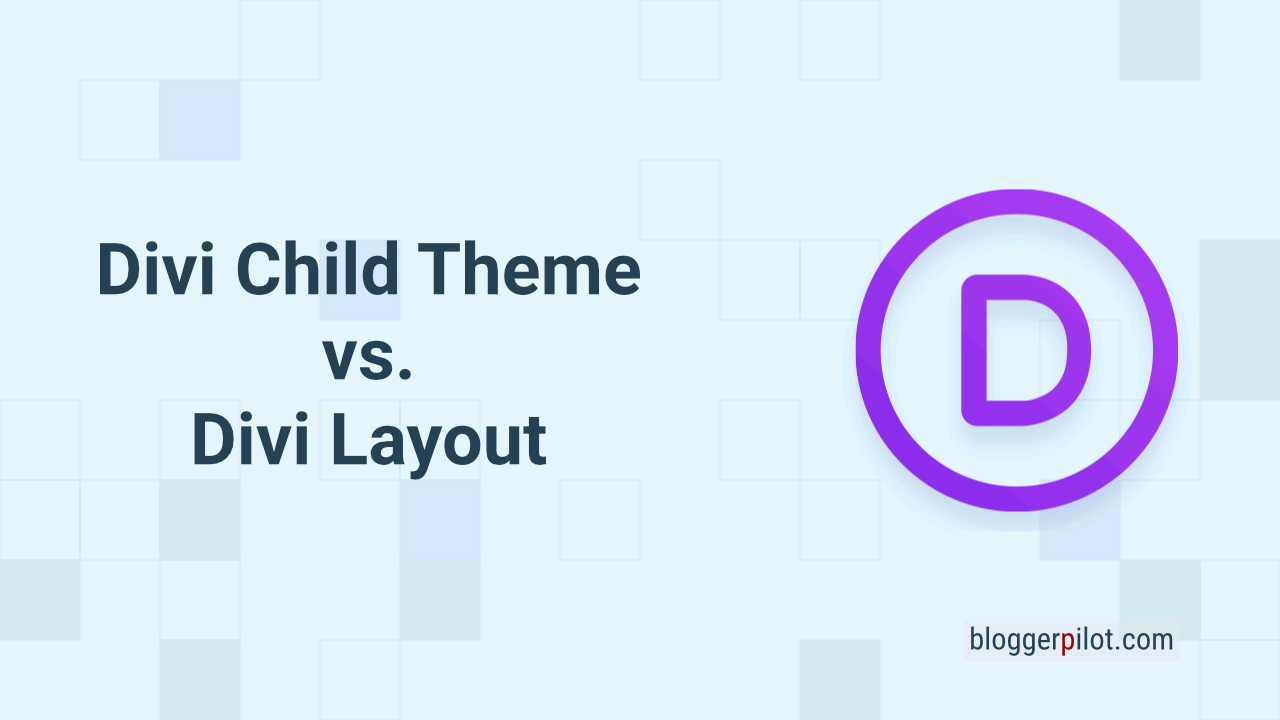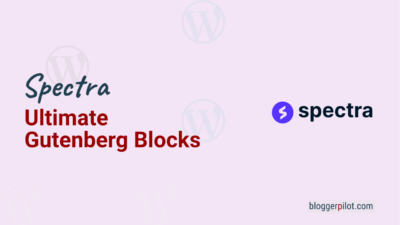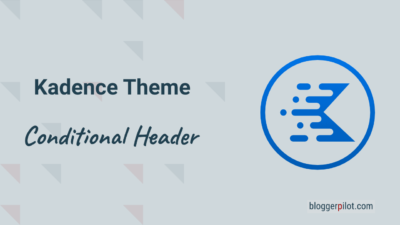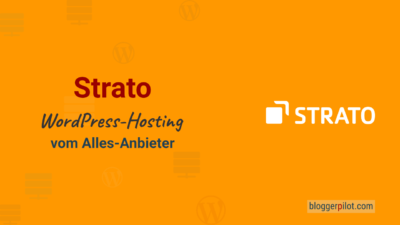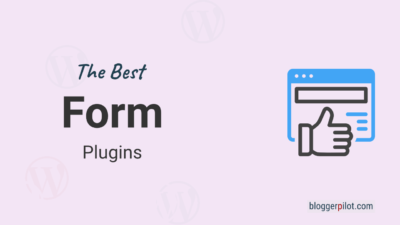Divi Child Theme vs Divi Layout: What's the difference and what do you really need?
If you work with Divi, in due time, you will come across the terms child theme and layout. Both have their purpose, but they fulfill entirely different tasks. In this article, I’ll show you the most important differences and help you decide which is best for your project.
When should you use what?
The decision depends on your requirements and your technical expertise:
| Criterion | Divi Child Theme | Divi Layout |
|---|---|---|
| Depth of customization | High (CSS, PHP, templates) | Medium (visual elements) |
| User-friendliness | Suitable for developers | Ideal for beginners |
| Update security | Customizations are retained | Layouts are theme-dependent |
| Flexibility | Very high | High, but visually limited |
| Usage | For complex projects | For quick website creation |
What is a Divi child theme?

A Divi child theme is a subordinate WordPress theme based on the Divi Parent theme. It allows you to make changes to the code (e.g. PHP functions or CSS styles) without losing them when you update the parent theme.
Advantages of a child theme:
- Update security: your customizations are retained when you update the parent theme.
- More control: You can integrate your PHP functions, templates and global styles.
- Professional work: Ideal for agencies and developers who implement individual websites.
Typical application scenarios:
- You want to extend
functions.php. - You need an individual 404 template.
- You wish to define global design elements.
What is a Divi layout?
A Divi layout is a design template that you import directly into pages or posts via the Divi Builder. It consists of predefined sections, rows and modules and is provided as a .json file.
Advantages of a layout:
- Quick start: you can import a complete page layout with just a few clicks.
- No code necessary: Ideal for beginners as everything is customized via drag-and-drop.
- Versatile: You can combine and customize layouts.
Typical application scenarios:
- You want to set up a landing page.
- You are looking for design inspiration.
- You want to quickly create a visual website.
Conclusion: Which approach is right for you?
- Go for a child theme if you intend to create a professional, customized website with specific features or layouts – especially if you work as an agency or developer.
- Use a layout if you want to quickly build visually stunning pages without having to deal with code. Ideal for bloggers, small businesses or solo freelancers.
The two works the best together: You can use layouts within a child theme – combining design speed with technical control.
Tip: Many providers sell professional child themes with integrated layouts, plugins and design elements. If you want to save time and remain flexible, these packages are a real insider tip.
Do you have any questions about using Divi or need help with a specific project? You are welcome to send me a message!
